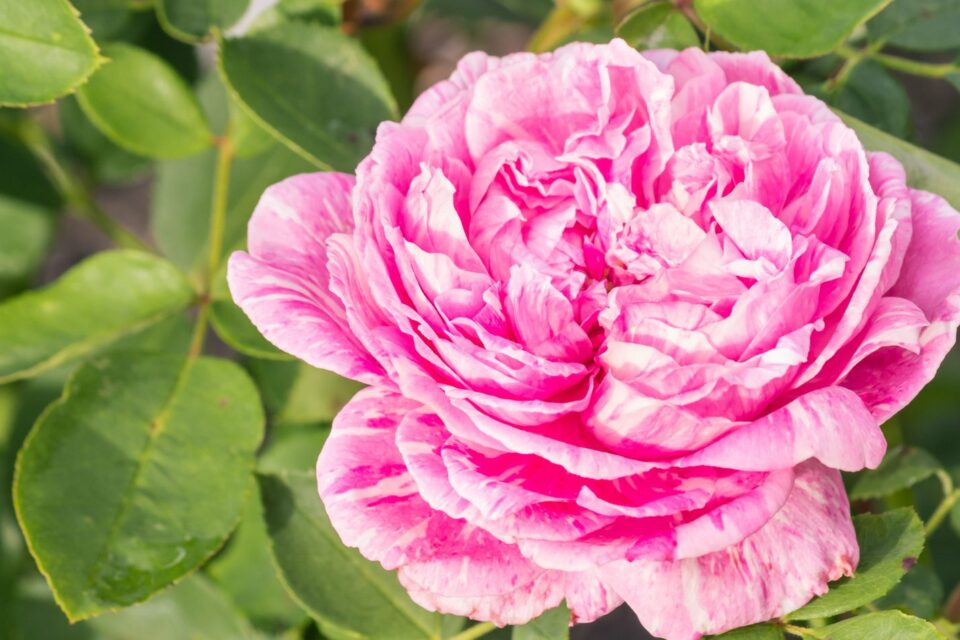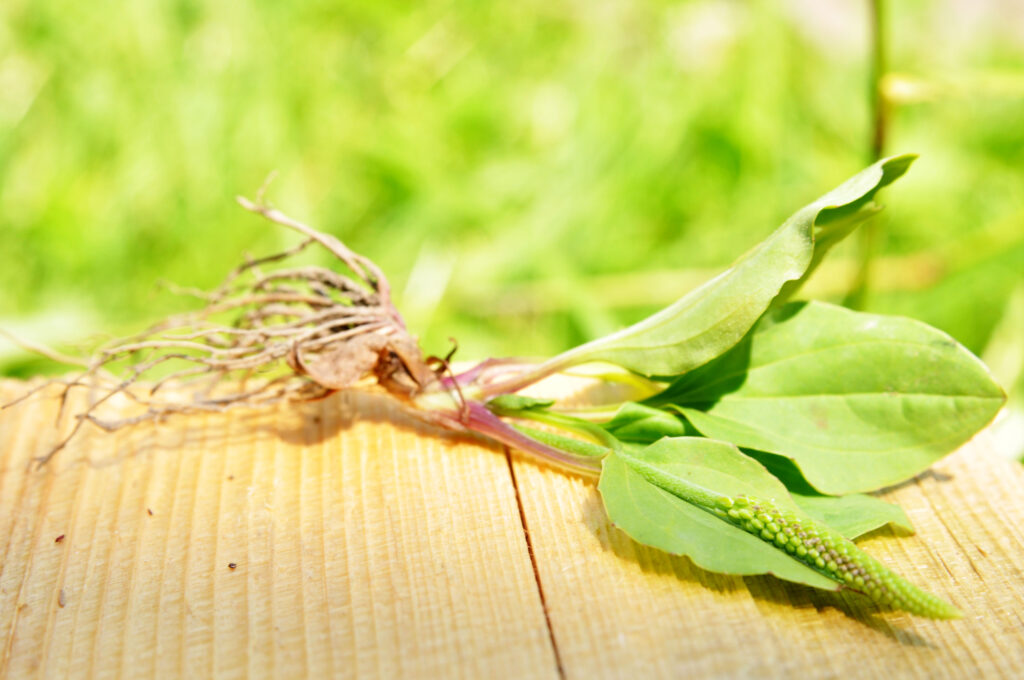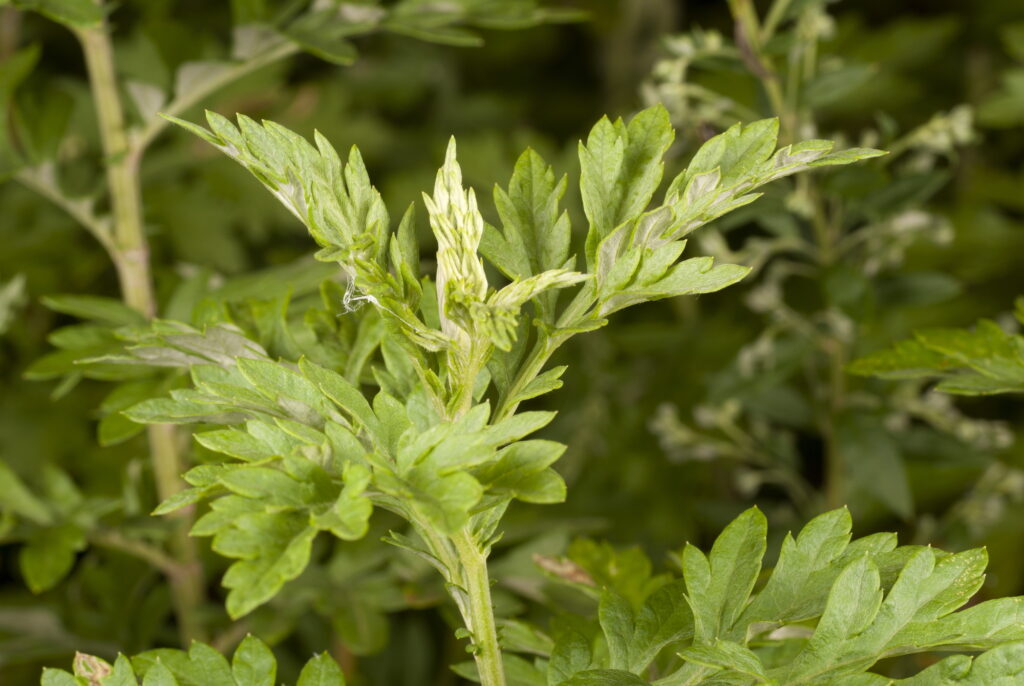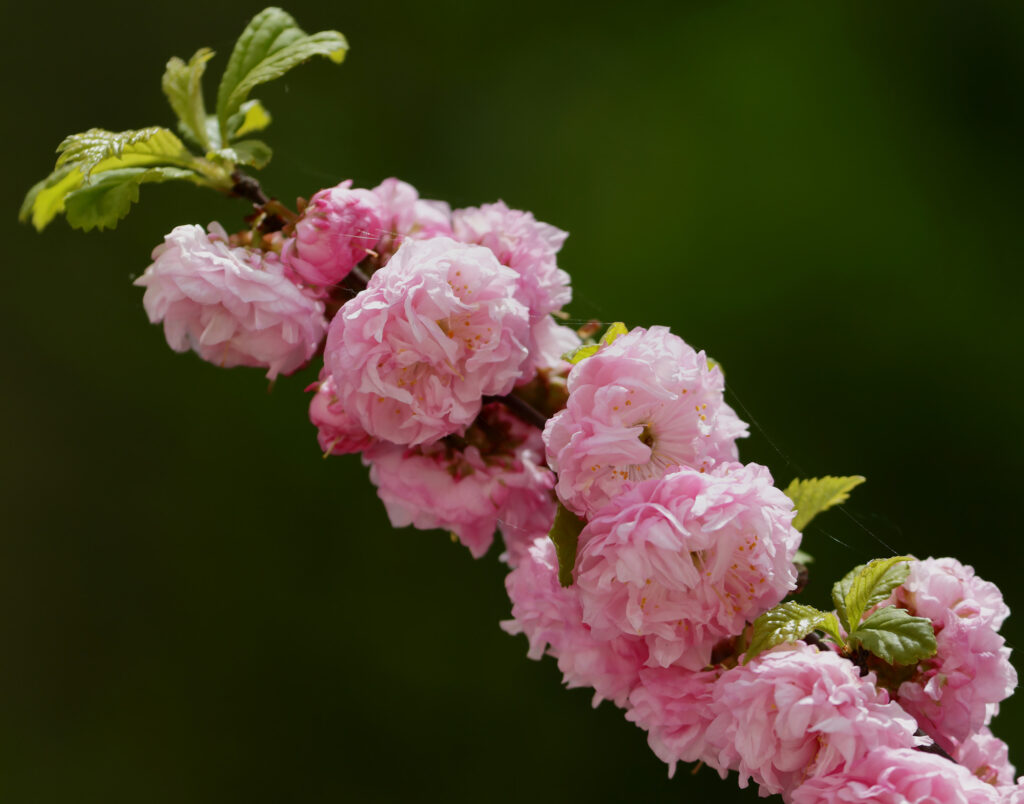Venusian plants and their benefits: what to know

In nature, we can recognize Venusian plants by their wonderful blossoms, frequently showing up in delicate, rich hues like pink, violet, or white.
These sprouts have sweet aromas and tastes, with sensitive petals. Venusian plants can be cooling or humidifying — making them helpful in recovery — or have warming, drying, or astringent characteristics, which means they can improve circulation, fix and tone loose tissues, or remove abundance of dampness.
Receive all our tips by email!
Love Astrology? Subscribe Now and Receive Exclusive Content!
Foods related with Venus are sweet, succulent, and invigorating: think figs, sweet oranges, peaches, etc. Pecans and almonds, which are abundant in oils, proteins, and nutrients, are likewise considered Venusian foods.
Venusian plants and their benefits
Plantain (Plantago major)

The first indication of plantain concerns inflammation of the respiratory tract, mucous membranes of the mouth and pharynx. But, internally, this Venusian plant is also useful for fighting eczema, urinary tract infections, hemorrhoids and constipation. Externally, we use it to stop bleeding, heal wounds, relieve bites and for rheumatism. It is an excellent eye drop to relieve the eye and to fight against inflammation of the eyelids and conjunctivitis.
And as if so many indications were not enough, plantain is also great to fight against the bleeding of the urinary tract, the peptic ulcer and fracture consolidation.
Finally, it would undoubtedly be interesting to see how the plantain acts within the framework of a slimming diet. On the one hand, it regulates the appetite and the intestinal transit. On the other hand, it facilitates all the eliminative functions of the body, diuretic and circulatory.
Mugwort (Artemisia vulgaris)

One of the great uses of this plant is for digestive problems. And you know we have a large list of plants that we use for digestive disorders; this has always been a great concern of the human being.
What is very interesting with sagebrush is this aromatic and bitter duality. Bitter substances are tonic and stimulate the digestive functions. They allow the digestive organs to “wake up” somehow.
Aromatic substances will act as antispasmodic and carminative, to calm cramps and gas production. So the combination of both is ideal, as a hot infusion taken on a difficult digestion, or as a dye in a little water.
Damask rose

Recognizable among thousands by its sweet perfume, Damask rose professionals use it widely in cosmetics. In addition to the smell it gives off, it is especially its properties that are interesting for the skin.
It has indeed astringent virtues and particularly appreciated by skin that is prone to small imperfections. With a very rich composition of vitamins and fatty acids, Damask rose is also an ally of mature skin since it smoothes, reduces fatigue marks and wakes up the skin’s radiance.
In cosmetics, the damask rose is mainly in the form of floral water. We obtain the latter after a relatively long process of distillation of rose flowers. To choose it, prefer waters from organic farming and certified ones.
The qualities of Venus
If the Moon is the mother or the wife who govern her home, Venus is the sensuality, the seduction, the lover, the mistress, and the pleasures that go with it, the woman who is in the entertainment, the pole of attraction that provokes the union of two complementary opposites.
The popular figure of Venus is love, but it must be understood that in Astrology its symbolism is a more subjective “attraction” and “affectivity” (faculty to feel feelings) than actually love. Love being more a function of the Sun, especially in its universal objective part.
Being a cool and moist planet, its influence on our bodies and emotions are thought to be more supportive. These plants nourish, soothe, and tone.
You may also like:
- Jupiterian plants and their great benefits
- 9 plants used by native americans with healing powers
- Home safe home: 5 best plants and herbs to drive away evil

